A win-win for the spirit of understanding between employees and Senior Management

Strong dissatisfaction with the MSc EBA (cand.merc.) decision process expressed by faculty and students seems to have been assuaged. The extended hearing process, which is reinstituting one of the concentrations (Strategy, Organisation and Leadership) to the portfolio has left both Senior Management and faculty representatives in good Christmas spirits regarding the process. “It’s a win-win. We have a Senior Management team that listens,” says Professor Nanna Mik-Meyer. The process leader Dean of Education Anna Thomasson chimes in, grateful for the participation and commitment from the organisation.
News | 19. Dec 2022
On 14 November, a letter to the Senior Management Team, signed by academic employee fora, The Professors’ Association and the departmental shop stewards and deputies summed up the frustration: it called for Senior Management to postpone the final decision, “until a proper and sound process has been conducted.”
The signees of the letter felt that the process, until then, had been “far too rushed and non-transparent.” Specifically, there had been no time to involve departments’ faculty through department fora and meetings. Neither of the relevant consultation committees – HSU and LSU – had discussed the reform, even though the letter says “it is crystal clear”, as stated in the Samarbejdscirkulære, that they must be consulted before final decisions are made. “The formalities about employee involvement cannot be sidestepped.”
This letter was one of several responses received before the announcement of the final decision was postponed one month to leave room for an extended hearing process.
Since then, a lot has happened. Numerous meetings and hearing consultations have taken place, and many pages of documents on the reform have been published on the Share intranet, before the final decision was announced last week. One document attempts to answer all the questions posed by mainly faculty at the Teams Hall meeting in the online chat.
Extended hearing was necessary
“The letter’s point of departure was the Teams Hall meeting. It was clear that across CBS, many had great frustration and a lack of understanding, and also some misunderstandings existed. We needed to extend this process so that we would have a constructive outlet for this frustration,” says Nanna Mik-Meyer, chair of the Professors’ Association at CBS and Professor at the Department of Organization.
“The system of representatives involves trying to facilitate a good climate of cooperation between management and employees. We’re trying to help both parties to talk better – especially if we can see that something is destined to create much trouble going forward.

Nanna Mik-Meyer, Chair of Professors’ Association.
“Apparently important arguments came in. I think it reflects a responsive management and that’s incredibly positive – in that sense it’s a win-win, although I am aware that not all concentrations were saved. The system of consultation has been activated and management has decided to adjust,” she says.
“We’re looking at the MSc EBA now and we know we have a time frame because of the accreditation process. And at the same time, we know that next year, we’ll be looking at all the programmes. In terms of timing, it is regrettable that we couldn’t do it in one go. But that was for a good reason. So, I think it’s positive that we are not closing more than strictly necessary, because a larger process is under way.”
The outcome of this process holds promise, Nanna Mik-Meyer believes.
“A management team should always take on the responsibility of clarifying when important decisions are made, and they need input from the people affected. That’s why the extended hearing period was so important and forced everyone to take a stand. These are learning points on time, transparency, communication, and clarity, which will be immensely useful going forward into the next project. Processes should be designed to include all relevant parties – from the very start. And you can’t rush a large process.
This process also shows it’s important to make the rationale for the decision and the future scenario very clear. Knowing the rational arguments makes it a lot easier for the staff representatives to explain management decisions to the organisation,” she adds.
Grateful for commitment
The relatively new Dean of Education Anna Thomasson is also very satisfied with the extended hearing process.
“I am very grateful for the fact that the different parts of the organisation, when I reached out to them, accepted without hesitation and with great commitment. It also shows how educational issues are at the top of the agenda at CBS; everyone cares about the programme portfolio and is willing to participate. We’ve got some good input – it was a good decision to extend the hearing process and for the overall process to involve the organisation more. But at the end of the day, we had to close some concentrations.”
Anna Thomasson is also convinced that she will be able to make use of the knowledge gained and the individuals she consulted in the process of reforming the future programme portfolio.
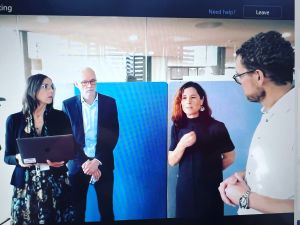
At Teams Hall Meeting. Senior Management: From left: Inger Askehave, Søren Hvidkjær, Anna Thomasson og Nikolaj Malchow-Møller.
“I plan to make it an open, transparent process with room for listening to the organisation during the process. Not just at the end. We will definitely take this good experience with us into the next reform project.”
The programme portfolio reform starts with setting up a project organisation in early 2023. But last week’s government platform brought back an old concern for universities: the one-year MSc EBA.
Nanna Mik-Meyer says:
“We still don’t know what the future will bring with the new government’s plans on university education, and management timing is essential for this reform. Preferably, you should make a huge reform only when you know the framework conditions.”
Anna Thomasson is very much aware that the government’s plans on education may have a significant impact on the framework of CBS, but favours a proactive approach:
“We don’t know the content and guidelines yet. We would like to finish at the end of 2023, but that timeline may need to be revised. But I still think we must start to process and look at the portfolio in early 2023 because it will make us better prepared. I would like to be more proactive and get ahead, instead of just waiting for the government, knowing that we will most likely have to look at the one-year candidate. My overall hope is that we have a constructive process in collaboration with the different parts of the organisation.”
On a personal note, Anna Thomasson adds about the MSc EBA process, which could resemble a baptism of fire after her start in late August:
“For me, I think it has been a very good and rewarding way to get to know the organisation, the people working here, the faculty and the administrative staff and also the programme portfolio. It has been intensive – but it has also been interesting. Better sooner than later, I think, to start working.”


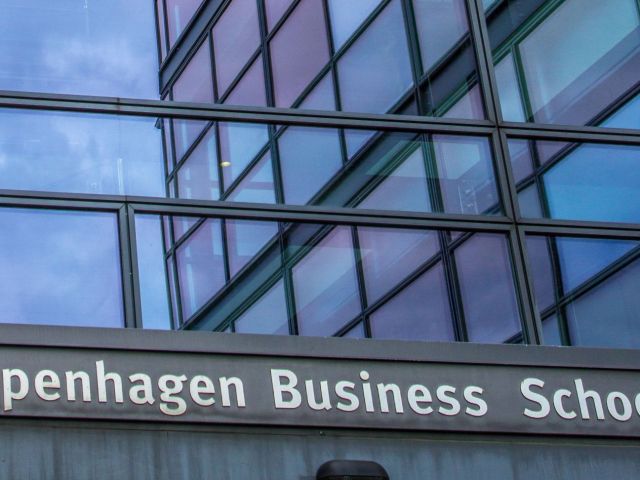
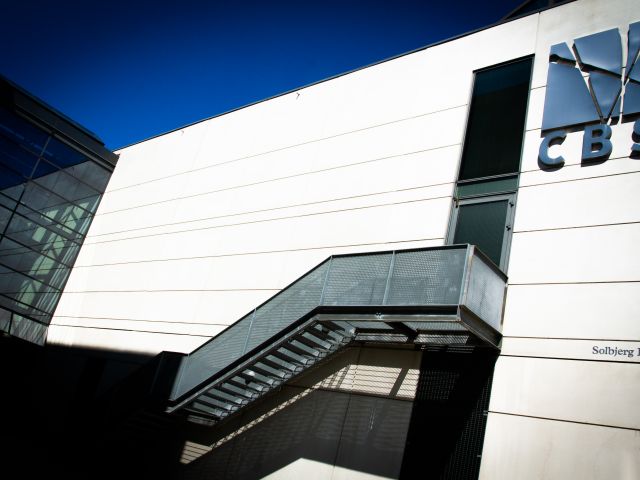

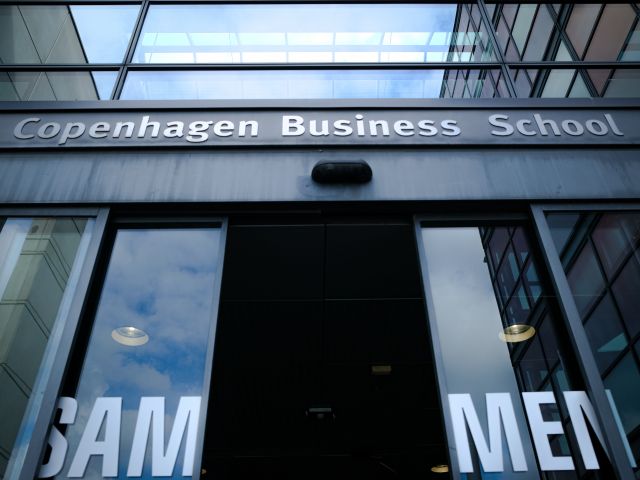
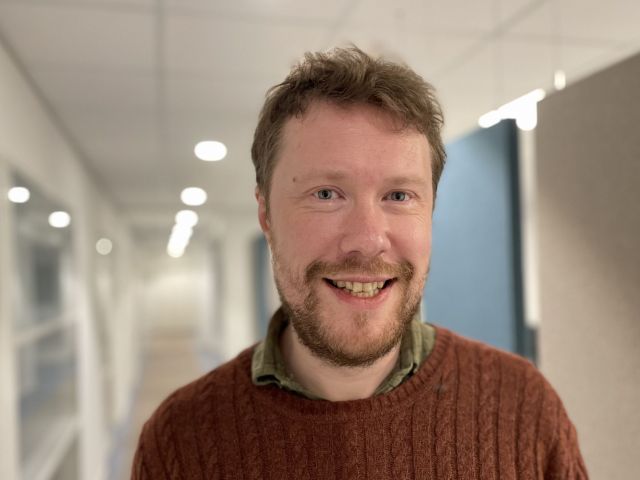




























































































































Comments